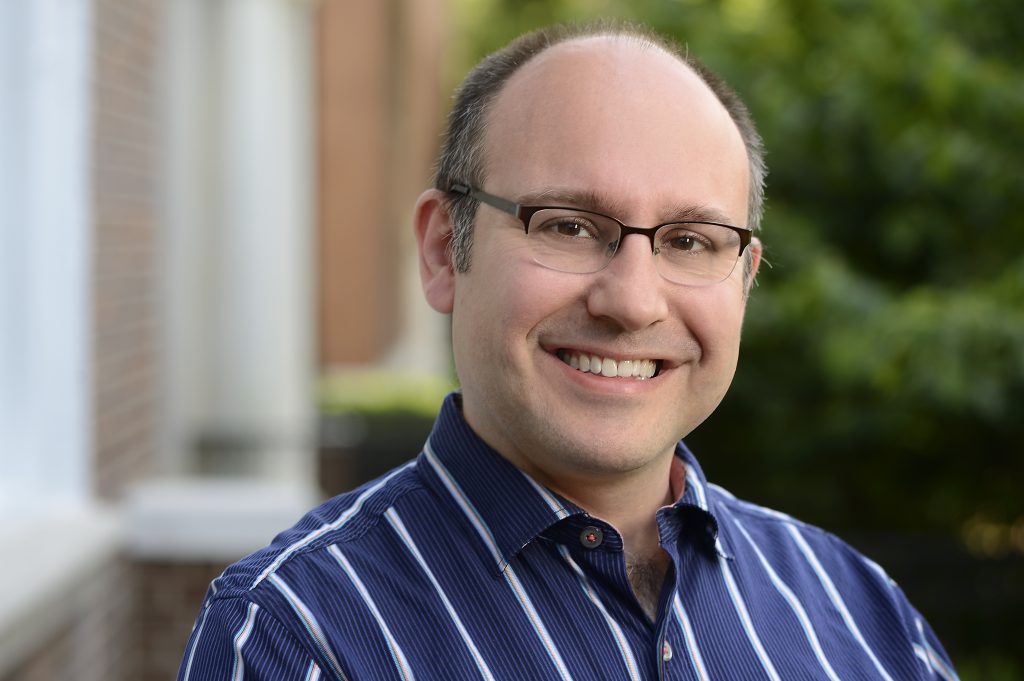October 26, 2023
3:00 pm
Venue
Mergenthaler 111
Title: Mitigating Climate Change through Methane Decomposition
Abstract: Eliminating carbon dioxide emissions entirely is a really big challenge. Renewables and other clean energy technologies are an important component of the solution, but the scale of emissions is much larger than the electricity sector alone. Humanity produces a lot of useful heat and power simply by burning stuff! We approach this challenge from a relatively new perspective, changing our mindset about natural gas to see it as a hydrogen carrier, not a fuel, and advocate decomposing natural gas at the point of use to produce solid carbon and clean burning hydrogen fuel. This approach completely eliminates CO2 emissions in heat and power generation. In this talk, we will discuss our novel approach to methane decomposition using a new and particularly effective thermochemical cycle to decompose methane (that we discovered here at JHU!). Our approach is thermally efficient, emissions-free, and has a small physical footprint. We will discuss the evolution of our project from the bench scale to commercialization and the huge potential this technology has for short-term reduction of greenhouse gas emissions.
Bio: Jonah Erlebacher, a professor in the Department of Materials Science and Engineering, is recognized for his advances in materials for energy technologies, computational materials science, and new methods for the manufacturing of nanostructured metals. Erlebacher joined the faculty of the Whiting School in 2000 and also holds a secondary appointment in the Department of Chemical and Biomolecular Engineering for which he served as department chair from 2014 to 2020.
Erlebacher’s current research interests include developing methods for deep decarbonization of energy technology by transforming small molecules like methane and carbon dioxide to solid carbon, and upgrading the often low-value carbon to high-value products such as fiber, structural carbon, and biochar, permanently and safely sequestering carbon (see energyinstitute.jhu.edu); exploration of novel chemical pathways to produce hydrogen that are energy effective and scalable by using experiments, process modeling, computational fluid dynamics, and building prototype reactor systems; and making and studying novel metal coatings that are simultaneously highly corrosion- and mechanical fatigue-resistant, including approaches from experimental synthesis to advanced multi-scale modeling.
Erlebacher and his group members hold multiple patents for processes encompassing the creation of nanoporous gold leaf, advanced fuel cell catalysts, and methane decomposition to hydrogen and solid carbon. He has also developed computer models to model the morphological evolution of nanostructured materials over time.
